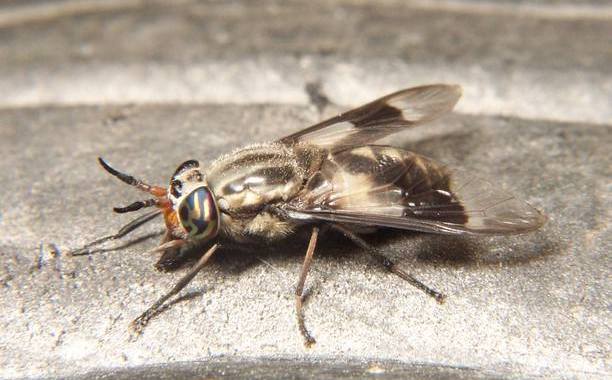A team of engineers from UC Berkeley has developed a new smartphone microscope called CellScope, which is capable of detecting parasitic worms in a drop of blood.
The CellScope technology uses video to automatically detect and quantify infection by parasites, and could help revive efforts to put an end to debilitating filarial diseases in Africa by providing crucial information to medical staff in the field.
Loiasis, also known as African eye worm, is caused by the parasitic worm Loa loa. It’s transmitted through the repeated bites of deerflies, also known as mangrove flies or mango flies, of the genus Chrysops. The parasite is most commonly found in West and Central Africa, and experts estimate that 20 to 40 percent of people living in these areas report that they have had eye worm in the past, according to Centers for Disease Control and Prevention.
Testing results of a pilot study published on May 6 in the journal Science Translational Medicine, revealed that the device was tested on 33 potentially Loa-infected patients in Cameroon. CellScope was able to detect the movement of worms by using motion instead of molecular markers or fluorescent stains.
[quote text_size=”small” author=”– Daniel Fletcher” author_title=”Associate chair and professor of bioengineering at UC Berkeley lab who pioneered the CellScope”]
We previously showed that mobile phones can be used for microscopy, but this is the first device that combines the imaging technology with hardware and software automation to create a complete diagnostic solution. (…) This research is addressing neglected tropical diseases. It demonstrates what technology can do to help fill a void for populations that are suffering from terrible, but treatable, diseases.
[/quote]
As early testing trials of CellScope have been successful, there are plans to test it on 40,000 people. Scientists hope that same idea could be adapted for other infections such as malaria, tuberculosis and soil-transmitted parasitic worms or helminths, as reported by the BBC.
In other health related news here on Immortal News, a team of scientists from Russell Berrie Nanotechnology Institute in Israel have designed a breath test capable of detecting stomach cancer, with the help of nano-array technology.
























